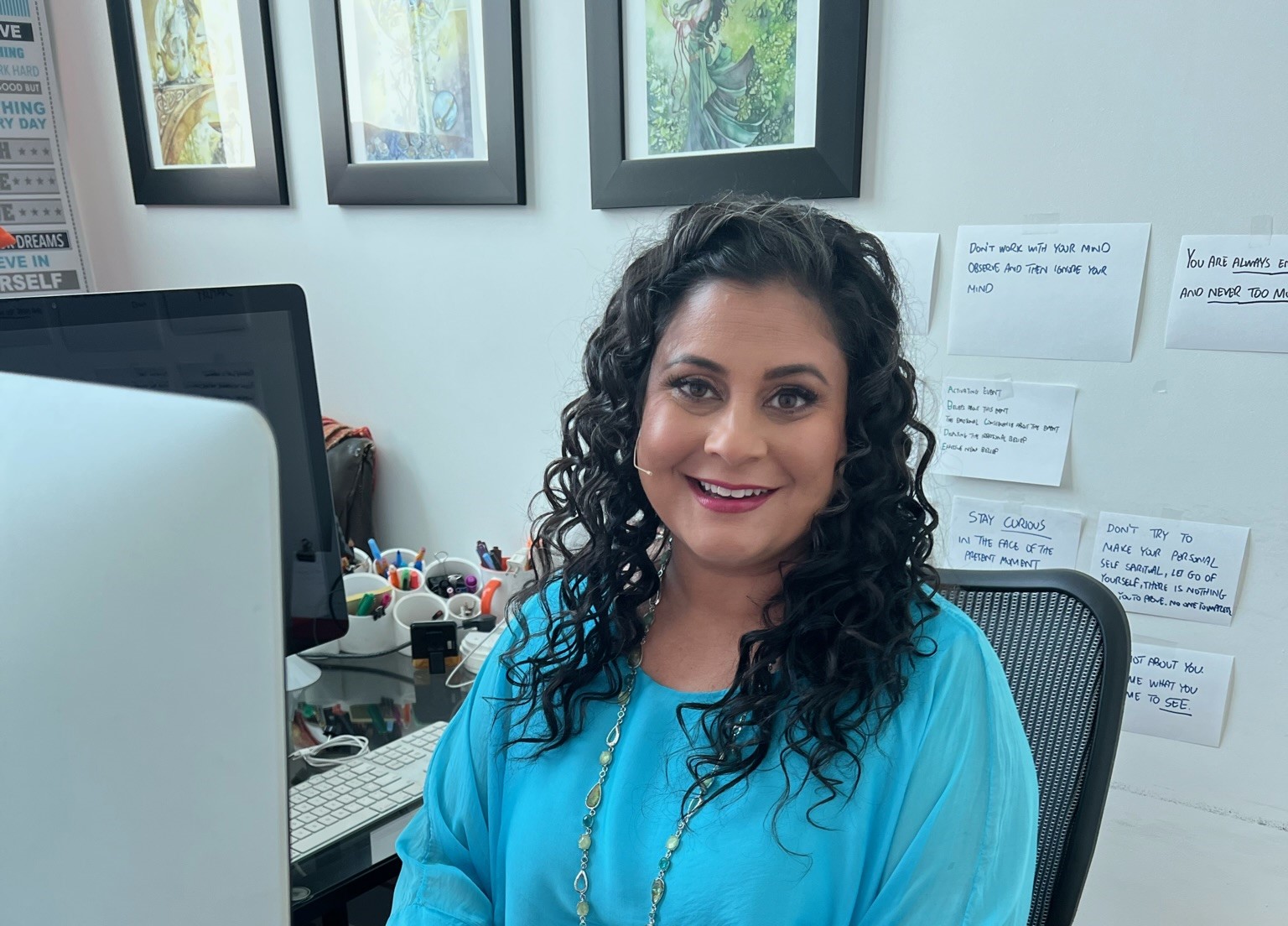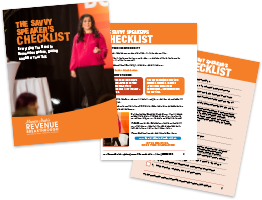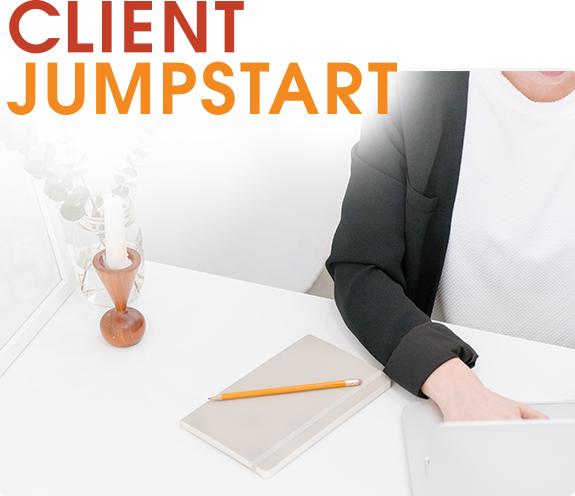Are you in a codependent relationship with your business?
In the early stages of your business, you’re really hustling to make money. You are one. Codependent in a relationship with your business. In years one through three, your heart and soul go into your business. It takes most of your effort and energy, but you grow it, and by year two and especially years three and four, the business starts to give back to you. And you start to notice that even though you’re putting a ton of energy into your business, you’re also getting a lot out.
That payoff starts to feel really good. It’s like when you first start going to a gym, and you kind of hate it, but after a while, you look in the mirror and start to notice those lines on your shoulders and you start seeing your abs for the first time. And suddenly you feel motivated to go back to the gym. Sometimes you even go overboard because you’re starting to realize that it’s working. That’s when burnout happens, and the same thing could happen with your business.
You’ve been putting all your time, energy and effort into your business, and your business has given back, and you’re getting clients and you’re making money and everything’s going great.
But one day, let’s say you’re doing a launch—you put all your energy into bringing people to a webinar and you get 60 people registered. And then only five people show up, and nobody buys, and you are devastated.
You realize that all this time and energy that you put in hasn’t paid off, and you think, wow, I’m just so upset right now. And you carry it home to your family without realizing that you’re irritable. Maybe you even talk about it at dinner. You can’t understand what’s going on.
You start to live on this rollercoaster where you’re happy when your business is doing well and you’re sad when your business is doing poorly. Everything rides on the business, and it’s a lot of pressure. You find yourself doing everything you can to make sure that your business is doing okay.
It sounds a lot like a codependent relationship, right? Like a relationship where you’re footing the bill, and your own happiness is determined by the other person’s.
I learned very early on in my business that I couldn’t derive my happiness from its success, because I was taking too many risks. There were too many opportunities where, no matter what my intentions were, no matter how hard I worked, no matter how much I prepared, things just might not work out. So I had to learn to find my happiness in my friends, my family, my community, and my hobbies, and take lessons, rather than contentment, from my business. And sure, my business would bring me joy, but it would also bring low points.
I meet so many entrepreneurs who are in this toxic relationship with their businesses. They’re unhappy.
It’s a very dangerous place to be in, because you end up so keen on being happy that you stop taking risks in your business. You don’t want to do anything, because if your business failed, it would destroy your life. It would destroy your happiness and your confidence, because your state of mind is so dependent on your success.
That is when you stop growing. You stop taking risks. You stop leaving your comfort zone. You stop saying yes to programs that are too expensive, stop saying yes to adding extra bells and whistles to your launches. You stop saying yes to anything that you’re uncertain about, because it’s just too dangerous to potentially lose that small shred of control and happiness.
So what do you do if you’re noticing that you’re in a codependent relationship with your business? Well, the first step is awareness. If this is resonating with you, awareness is a significant part of working towards a healthier place.
Step number two is to learn to be intentional with finding joy in your personal life. If it’s been a while since you’ve talked to your good friends, call them. If you need to repair relationships in your family, do that. If you need to start developing hobbies that make you happy—that you’re excited to do—do that. Because ultimately, you’re running your business for it to serve your life. Your life should be full of beautiful, joyful things that keep you happy.
Step number three is to start to understand that, in your business, there will be high highs, but there will also be low lows and everything in between. It is not your job to try to control whether something is going to work. All that you can control is your attitude, your energy, your enthusiasm, and your ability to jump in and jump out when you need to. Focusing only on what you can control will keep you much more even-keeled.
Step number four is to understand that everything is a lesson. Whether you’re doing really well with something or are incredibly disappointed, there is always something to learn from that experience. And we can’t resist the process. We can’t just have businesses that are always doing well. We also have to be willing to learn lessons from the low points so that we can keep growing and moving forward.
So here’s to having healthy relationships with our businesses. And if you’re reading this and realizing you could use some more support with yours, contact us at support@revenuebreakthrough.








